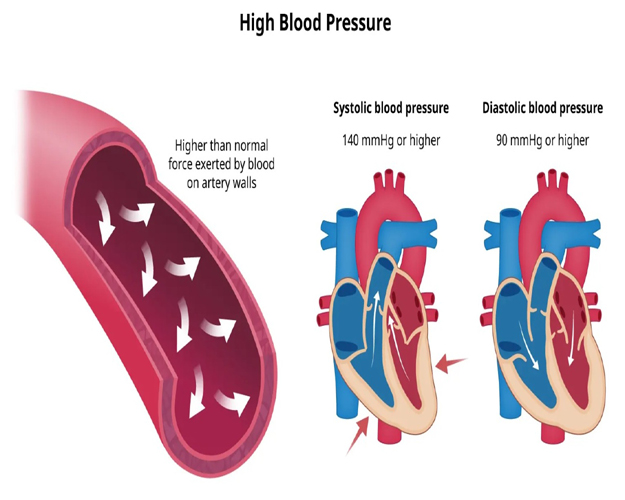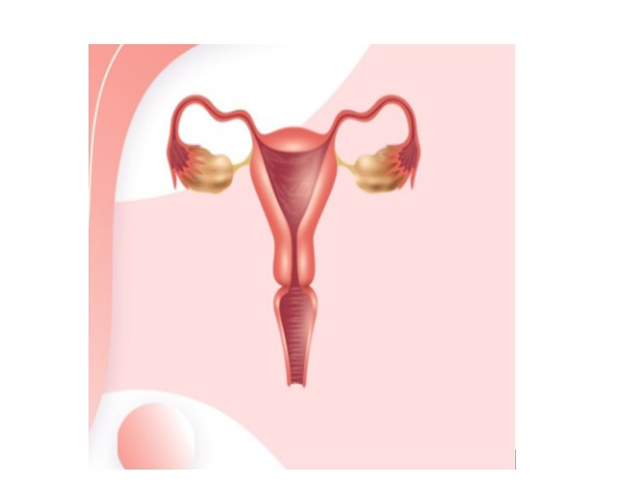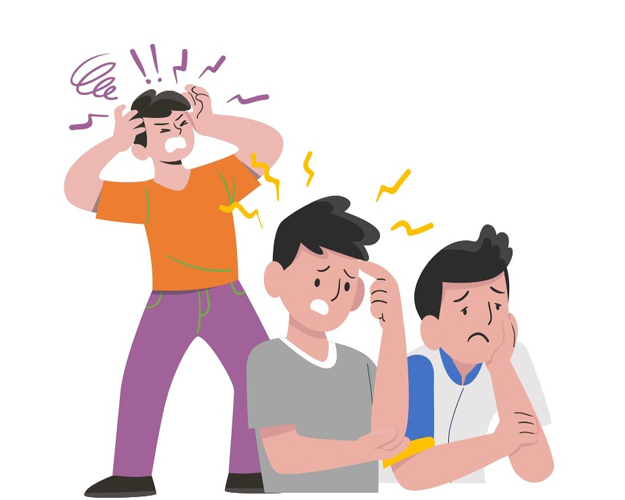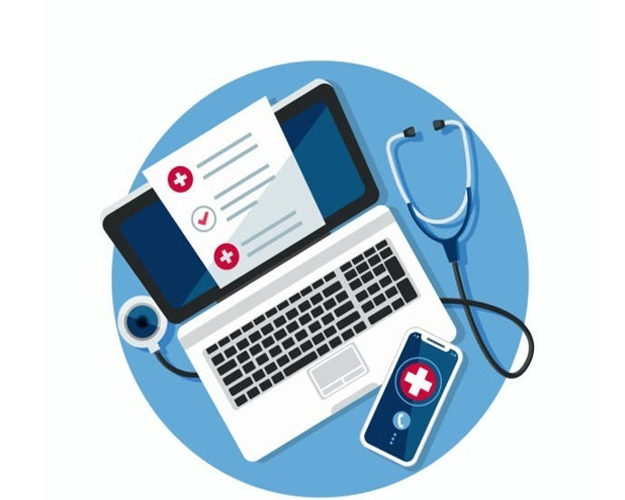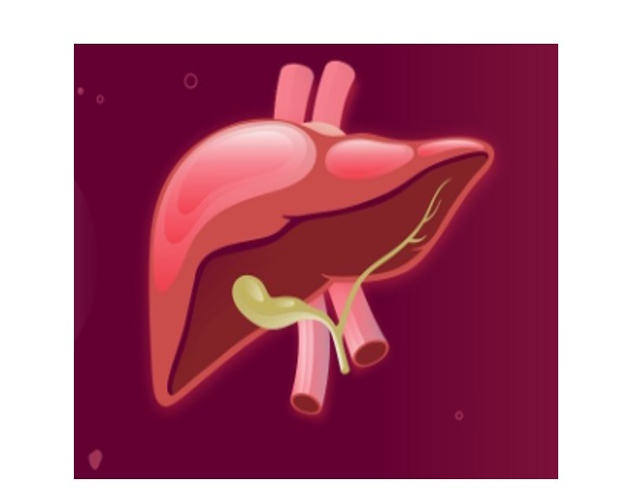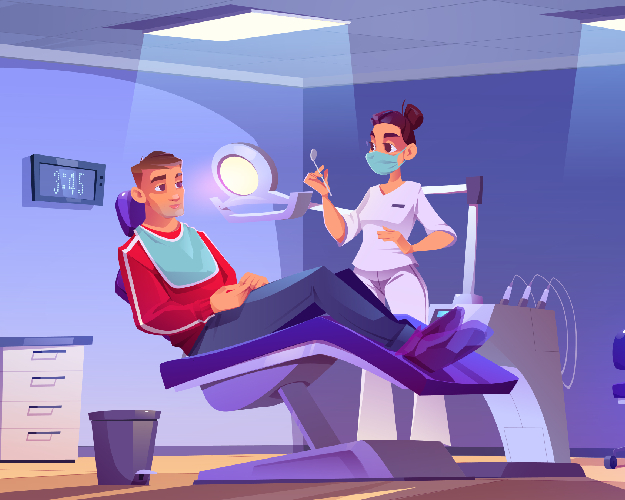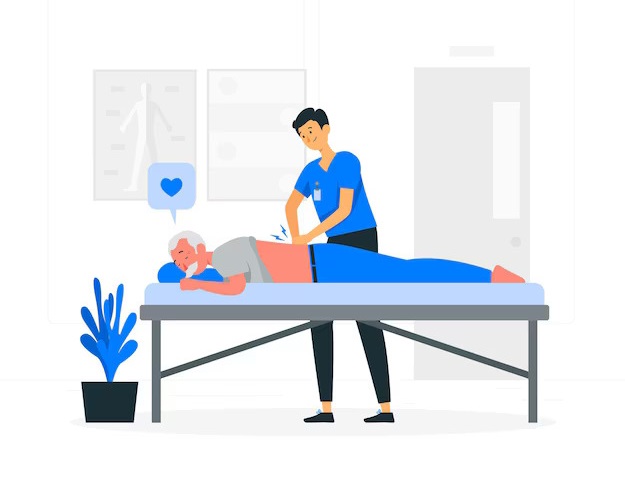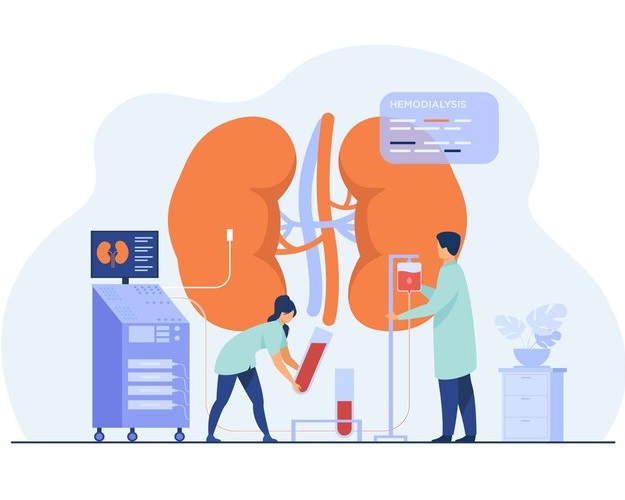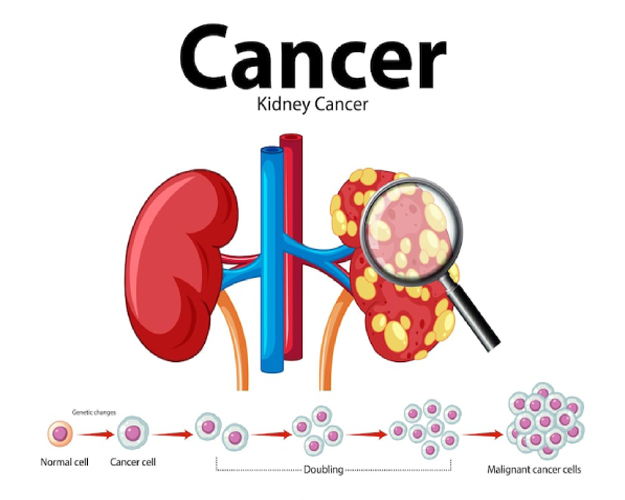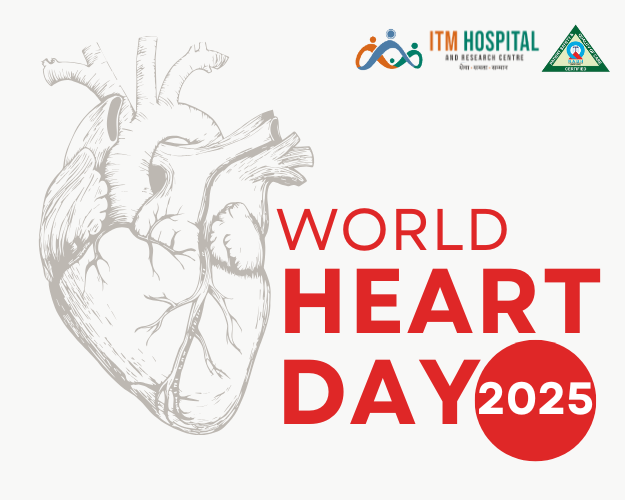
World Heart Day 2025: Don’t Miss a Beat
The world celebrates the world heart day every year on September 29 as an effort by the world heart federation to create awareness about cardiovascular health and help in decision making that enhance their heart health. The World Heart Day theme in 2025 is "Don't Miss a Beat" which is an incredibly strong way of reminding people that heart health is not a joke and that every beat of the heart counts.
At ITM Hospital and Research Centre, we believe prevention, education and prompt care are the pillars of healthy communities. We should further analyse the theme of the year, the importance of heart health, and the effort that each of us can make to keep our most essential body organ, the heart.
Why World Heart Day Matters
Cardiovascular diseases (CVDs) continue to be the major cause of death in the world with almost 18 million people dying annually. Of particular concern is the fact that most of these deaths are containable through early diagnosis, lifestyle changes, and appropriate medication.
World Heart Day provides the opportunity to:
1. Highlight the importance of a healthy Heart.
2. Create awareness of risk factors such as poor diets, inactivity, smoking and stressful experiences which are not under control.
3. Promote frequent screenings and early medical treatment.
4. By observing World Heart Day, hospitals and healthcare organizations worldwide reinforce their commitment to building healthier societies.
Understanding the Risks
The elderly are not the only victims of heart disease; younger and younger populations are being affected at an alarming rate. The causes are sedentary lifestyles, unhealthy diet, consumption of processed foods, increasing stress, tobacco use.
Some common risk factors include:
1. High blood pressure – It is sometimes referred to as the "silent killer" since it causes significant damage over time despite having no symptoms.
2. High cholesterol – Causes plaque accumulation in arteries, which can obstruct blood flow.
3. Diabetes – Significantly raises the likelihood of heart problems.
4. Smoking and alcohol consumption – Significant contributors to weaker cardiovascular systems.
5. Obesity and inactivity – This are one of the most pressing issues in today's sedentary lifestyles.
6. Stress – Chronic stress raises cortisol levels, increasing blood pressure and cardiac strain.
Awareness of these risk factors is the first step toward prevention.
Prevention is Better than Cure
We are convinced that prevention is the best way to fight heart disease in the ITM Hospital and Research Centre. These are some of the proven ways of keeping the heart healthy:
1. Eat a heart-friendly diet: Eat more fresh fruits and vegetables, whole grains, lean protein, and healthy fats and reduce intake of processed foods, salt, and sugar.
2. Stay active: Aim for at least 30 minutes of moderate physical activity each day, whether it’s walking, cycling, swimming, or yoga.
3. Quit smoking: Have at least 30 minutes of moderate physical exercise daily, be it walking, cycling, swimming, and yoga.
4. Limit alcohol: Over drinking is not only harmful to the liver but also to the heart.
5. Manage stress: Stress reduces can be greatly decreased through meditation, mindfulness, breathwork, and hobbies.
6. Get routine check-ups: Patients should have regular health screenings to check their blood pressure, cholesterol and blood sugar.
7. Sleep well: A regular sleep of 7- 8 hours controls blood pressure, and avoids unwarranted load on the heart.
Small changes practiced consistently can add years to your life and life to your years.
The Role of Hospitals and Healthcare
Hospitals play an important role in more than only treating cardiovascular diseases. A holistic approach involves:
1. Awareness campaigns to spread knowledge on heart disease.
2. Screening facilities for early detection of high-risk cases.
3. Lifestyle counselling for diet, fitness, and stress management.
4. Advanced treatment options for those requiring medical or surgical intervention.
5. Rehabilitation programs to support patients after heart surgeries or cardiac events.
ITM Hospital and Research Centre have the most up to date diagnostic equipment as well as state of the art cardiac care units and a specialized group of cardiologists, nutritionists and physiotherapists that are dedicated to providing comprehensive heart care.
Community Responsibility
Heart health is not an individual problem but a societal problem. We can all make the world healthier and stronger by spreading awareness, motivating loved ones to have regular check-ups, and creating heart-friendly spaces at our places of work and education.
Employers can facilitate the concept of wellness at the workplace by creating a culture of taking breaks, eating healthy foods in the cafeteria, and engaging in fitness programs. It is possible to teach children heart-healthy habits by their parents at a tender age. The community can hold health camps, screening sessions and heart wellness marathons to promote active life.
Don’t Ignore the Warning Signs
Recognizing the early warning signs of heart disease can save lives. Seek medical attention immediately if you experience:
1. Persistent chest discomfort or pressure
2. Pain radiating to the arms, neck, or jaw
3. Shortness of breath, especially with exertion
4. Dizziness, fainting, or unusual fatigue
5. Rapid, irregular heartbeat
Delaying treatment can be the difference between recovery and a life-threatening complication.
A Commitment from ITM Hospital
It is time to reinvent its dedication to delivering affordable, caring, and innovative heart care in support of the current World Heart Day at ITM Hospital and Research Centre. We strive to make sure there is not a single heartbeat that is not monitored and a patient that is not given a chance to be treated and prevented.
Our community welcomes us to participate in the World Heart Day 2025 and promise to make small but significant progress steps in the direction of better heart health. It is important to remember that your heart has to beat over 100,000 times a day, we should make each of them count.
Final Message
The message, "Don't Miss a Beat" makes us aware of the fact that each heartbeat is valuable and being mindful about our heart health is not a choice but an obligation. When we start to take heart care seriously in our everyday lives we can save thousands of lives, and keep our communities healthier and happier.
On this September 29, we must stop--hear our hearts beat, do something and make others not miss a beat on the way to the right health.

